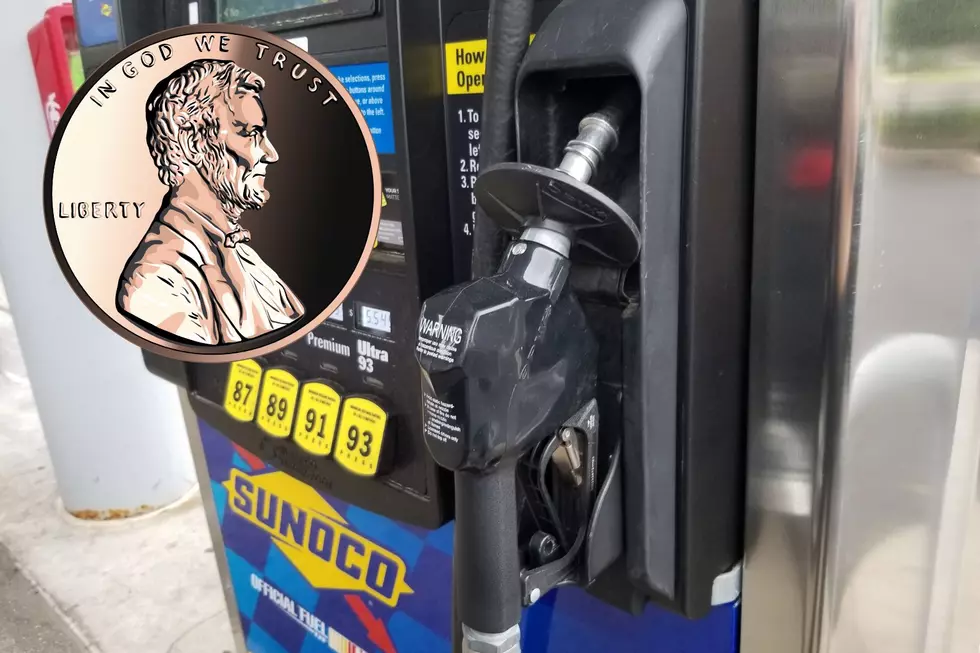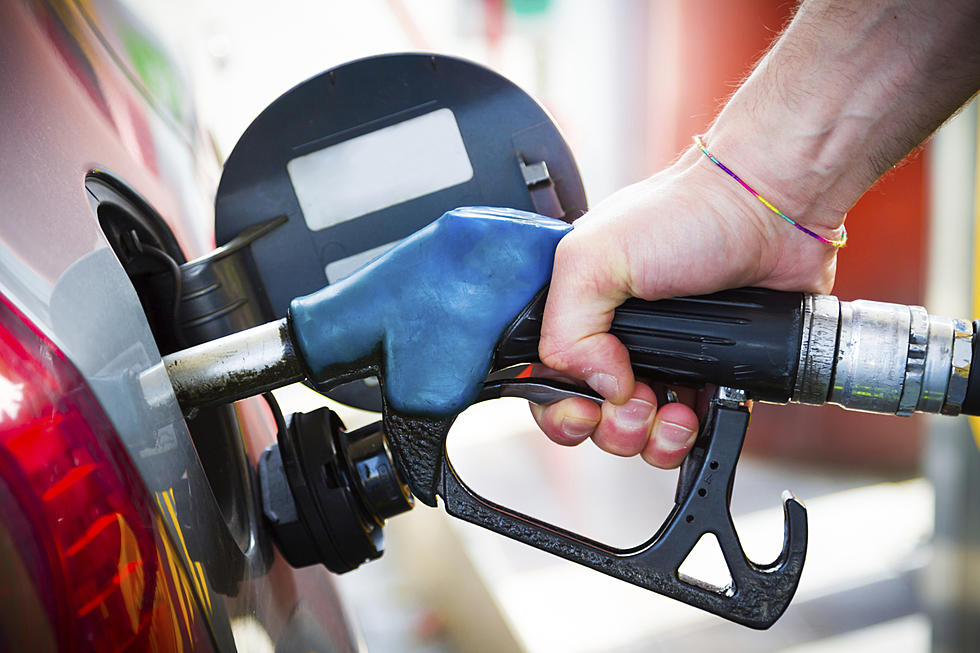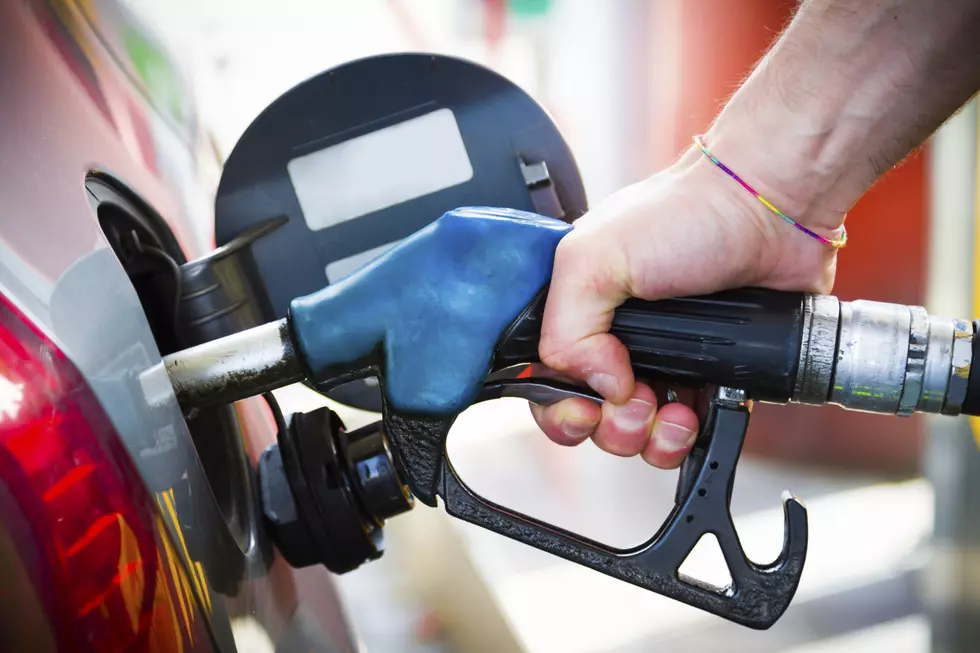
Oh, great: As gas tax hike looms, so do cuts from OPEC
OPEC has agreed to cut production to hike crude prices. Could this, coupled with Trenton's planned gas tax hike, hit Jersey drivers with a double whammy at the pump?
Not so fast, says an oil industry expert.
For one thing, says Tom Kloza, global head of energy analysis for The Oil Price Information Service, OPEC doesn't wield the same influence over global oil that it once did.
"In practice, they have been a very ineffective cartel. And there are real considerations as to whether or not aggregate OPEC production will be down four months from now, let alone before the end of this year."
And, he adds, there is such a glut of oil on world markets from shale production and other sources, "I do not think that it is going to be apocalyptic."
Kloza says gas price increases, whether prompted by tax policy or by the industry, will impact people who live paycheck to paycheck. He said there's no denying gas prices will go up, especially with the start of 2017, when he says the oil industry will rebalance crude prices, "but we are not going to see prices go back to where they were between 2011 and 2014. The world has changed, and it has really changed on the crude oil side."
He figured gas prices might reach around $2 to $2.50 per gallon next year — instead of as low as $1.50 this year.
Kloza says the era of cheap oil is not over — yet. He says it will end, and it will probably end toward the end this decade, when some of the long-term projects and the lack of money spent starts haunting international production. But, he says, "whereas it will be haunting international production, it is going to be revving up U.S. production."
Joe Cutter is the afternoon news anchor on New Jersey 101.5.
More from New Jersey 101.5:
More From New Jersey 101.5 FM









